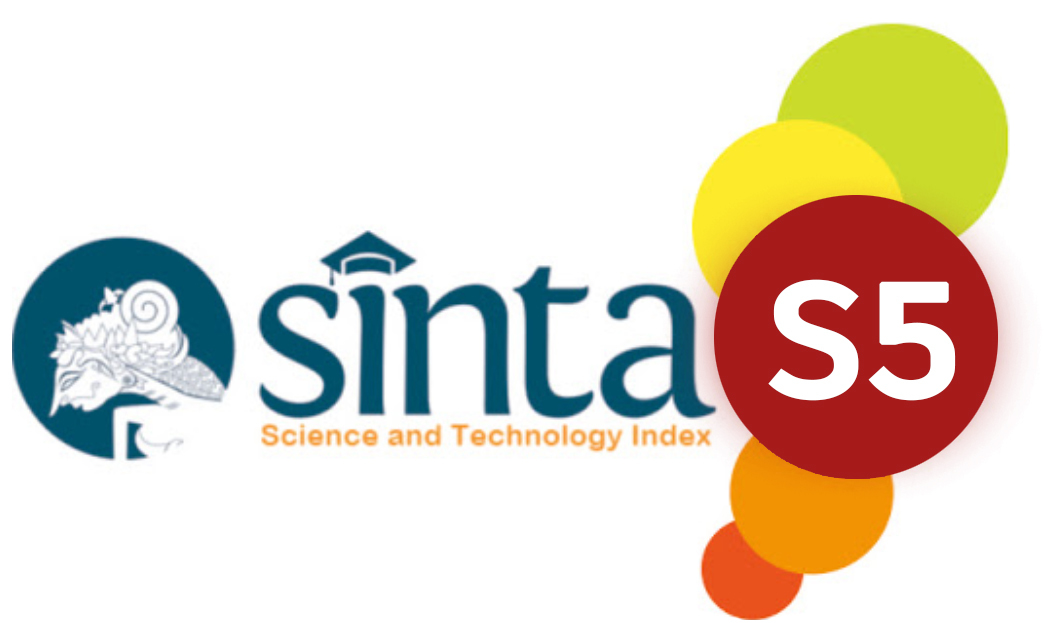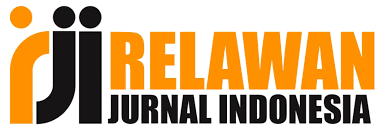PROBLEMATIKA PENYALURAN ZAKAT MELALUI UNIT PENGUMPUL ZAKAT (UPZ) MASJID DI MADURA
Abstract
The Pensyar Section of the Ministry of Religion of East Java, the zakat section, responded to this so that each mosque formed a UPZ Mosque, especially in the Madura work area. The Pensyar and Baznas Section of Sumenep Regency and the Pensyar Section of Pamekasan Regency also gave instructions to mosques. However, these instructions have not received significant results. Many mosques continue to carry out zakat management activities but there is no coordination either with the Regency Ministry of Religion or with the Regency Baznas. This research uses descriptive qualitative analytical research method at the exploratory stage. Data obtained through observation, interviews, and documentation. To determine the validity of the data, the researchers used a triangulation approach. The results of this study are: The background of the issuance of the Perbaznas is due to the existence of laws or regulations relating to UPZ but not yet detailed. For example, Government Regulation (PP) number 14 of 2014 which requires the establishment of a UPZ but has not been clearly regulated. 2) Problems in the formation of UPZ Mosques in Madura can be categorized, namely, cultural problems, administrative complexity problems, problems with the perception of the lack of public trust in the government or the agency that manages ZIS funds, and the lack of socialization budgets to educate the public, and the problem of low community understanding. 3) The problem of culture can be solved by focusing the UPZ of the mosque to manage zakat maal only. Distribution of zakat fitrah is left as usual. Solving the problem of administrative complexity by collaborating with religious instructors to assist the takmir of the mosque so that they can be independent. The resolution of the perception problem is to increase transparency and accountability. Solving the problem of the lack of socialization budget and low public understanding with government initiatives to take breakthroughs in optimizing the budget for socialization and education.
Keywords
References
Aizid, Rizem. Sejarah Peradaban Islam. Yogyakarta: Diva Press, 2015.
Al Arif, M. Nur Rianto. Pengantar Ekonomi Syariah Teori dan Praktik.
Bandung: CV Pustaka Setia, 2017
Anwarudin, Aan. Menjadi Amil Mengapa Tidak? Satu-Satunya Petugas Yang
Diabadikan Dalam Al-Qur’an. Surabaya: Dinar Media, 2012
Boedi Abdullah dan Beni Ahmad Saebani, Metode Penelitian Ekonomi Islam
(Muamalah). Bandung: Pustaka Setia, 2014
Bakar, Taqiyuddin Abu. Kifayatul Akhyar. Trj Syarifuddin Anwar. Surabaya:
Bina Iman, 2007.
Direktorat Pemberdayaan Zakat.Panduan Organisasi Pengelolaan Zakat.
Jakarta: Departemen Agama Republik Indonesia, 2009
Fakhruddin. Fiqh dan Manajemen Zakat Di Indonesia. Malang: UIN Maliki
Press, 2008
Ghozi, Muhammad Qosim. Fathul Qorib. Surabaya: Hidayah
Hadi, Muhammad. Problematika Zakat dan Solusinya. Yogyakarta: Pustaka
Belajar, 2010.
Hafidhuddin, Didin. Zakat Dalam Perekonomian Modern. Jakarta: Gema
Insani, 2002
Hidayatullah,Syarif. Ensiklopedi Hukum Islam Ibadah Tanpa Khilafiah :
Zakat. Jakarta: Al-Kautsar Prima, 2008
Huda, Nurul dkk. Keuangan Publik Islam Pendekatan Teoritis dan Sejarah.
Jakarta : Kencana, 2016
Inoed, Amiruddin. Anatomi Fiqh Zakat, Yogyakarta: Pustaka Pelajar, 2005
J.Moleong,Lexy. Metodologi Penelitian Kualitatif. Bandung: PT Remaja
Rosdakarya,2012
Karim, Adiwarman Azwar. Sejarah Pemikiran Ekonomi Islam. Jakarta:
Rajawali Pers, 2016
Kementerian Agama RI Direktorat Jenderal Bimbingan Masyarakat Islam
Direktorat Pemberdayaan Zakat, Panduan Organisasi Pengelola Zakat, 2016
Khasanah, Umrotul. Manajemen Zakat Modern. Malang: UIN Maliki Press,
Mas’udi, Masdar Farid. Pajak Itu Zakat. Bandung : Mizan, 2010
Mawardi, Imam. Ahkam Sulthaniyah. Jakarta: Qisthi Press, 2017
Mubarakfuri, Shafiyurrahman. Sirah Nabawiyah. Jakarta: Pustaka Al-
Kautsar, 2014
Mufraini, Arif. Akuntansi dan Manajemen Zakat. Jakarta: Kencana, 2006
Muhammad. Lembaga Perekonomian Islam. Yogyakarta: UPP STIM YKPN,
Mundziri, Imam. Ringkasan Shahih Muslim. Trj. Ahmad Zaidun. Jakarta:
Pustaka Amani, 2003
Nawawi, Imam. Tafsir An-Nawawi.Juz 1. Surabaya: Al-Hidayah.
Peraturan BAZNAS No. 02 Tahun 2016
Peraturan Pemerintah No. 14 Tahun 2014
Puskas BAZNAS. ArsitekturZakat Indonesia. Jakarta: Puskas BAZNAS,
Puskas BAZNAS. OutlookZakat Indonesia. Jakarta: Puskas BAZNAS, 2017
Qhardawi, Yusuf. Spektrum Zakat. Jakarta: Zikrul Hakim, 2005
Qhardawi, Yusuf. Fiqh Zakat. Beirut: Muassasah Risalah, 1991
Rafiqi, Iqbal. Strategi Fundraising Zakat Infaq Shadaqah Di Lazisnu Dan Lazismu Kabupaten Pamekasan†(Universitas Islam Negeri Sunan Ampel Surabaya, 2019).
Rozalinda. Ekonomi Islam: Teori dan Aplikasinya Pada Aktivitas Ekonomi.
Depok : Rajawali Pers, 2017
Sabiq,Sayyid. Fiqih Sunnah. Vol. 3. Bandung: PT Al Maarif, 1982.
Sahroni, Oni dkk. Fikih Zakat Kontemporer. Depok : Rajawali Pers, 2018
Sari, Elsi Kartika. Pengantar Hukum Zakat dan Wakaf. Jakarta: PT Grasindo
Sayyid, Abdul Aziz Al-Ahli. Umar bin Abdul Aziz – Khalifah Zuhud yang
Memenuhi Dunia dengan Keadilan. Jakarta : Samara Publishing, 2009
Shihab, M. Quraish. Tafsir Maudhu’i Atas Pelbagai Persoalan Umat.
Bandung : Mizan, 2005
Shihab, M. Quraish.Membumikan al-Qur’an. Bandung: Mizan, 1994
Shiddiq, Sapiudin. Fikih Kontemporer. Jakarta: Kencana, 2017.
Suryana, Metodologi Penelitian. t.p.,t.t., 2010
Sugiyono, Metode Penelitian Kuantitatif, Kualitatif dan R & D. Bandung:
Alfabeta, 2011
Undang-Undang Republik Indonesia No 38 Tahun 2009
Yusuf M, Kadar. Tafsir Ayat Ahkam. Jakarta : Amzah. 2013
Zabidi, Imam. Ringkasan Shahih Bukhari. Jakarta: Mizan, 2013
Zuhaili, Wahbah. Fiqih Islam Wa Adillatuhu, (Vol 7), Trj. Abdul Hayyie Al-
Kattani. Jakarta: Gema Insani, 2011
Zuhayli, Wahbah. Fiqh Islam Wa Adillatuhu, Vol. 3. Damaskus: Dar al-Fikr,
http://baznas.go.id/profil (diakses pada 04 Februari 2019)
DOI: 10.28944/masyrif.v3i1.664
Refbacks
- There are currently no refbacks.



